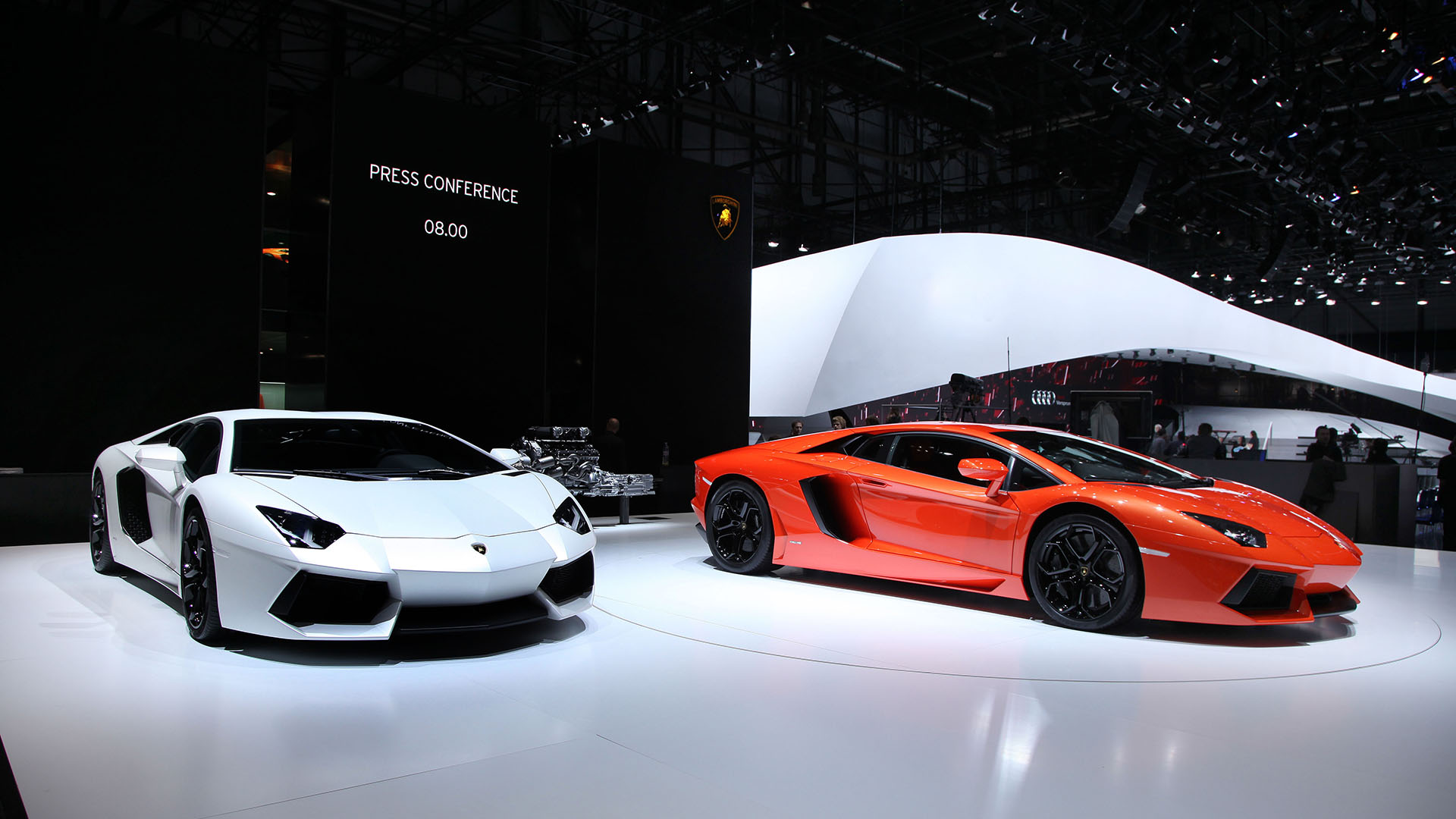While we continue trying to zero in on the next-generation Lamborghini flagship and its specs, Lamborghini CTO Maurizio Reggiani spoke to Road & Track to offer glimpses and set a few things straight. Discussing the coming LB48H supercar, Reggiani said the use of supercapacitors in that limited-run supercar will be a “first jump” into a robust hybrid application for supercapacitors, and that Lamborghini “will prove that in a super sports car, it’s possible to have this technology.”
We’ve known the LB48H would use supercapacitors, but we didn’t — and frankly still don’t — know how. Based on Reggiani’s comment, and likely the fact that Lamborghini uses a special supercar to hint at what’s coming in tech and design, RT takes Reggiani’s comments to mean that the Aventador successor will “store its electric power electrostatically instead of electrochemically, as you would with a lithium-ion battery.”
A caveat to this comes in another of Reggiani’s remarks. He said the brand hasn’t given any indication when an Aventador successor will reach the market, and before that happens, the brand is deciding whether to do another special edition flagship. “There’s the possibility to have a kind of final Aventador family member,” he said, because the brand probably won’t get another chance to make a non-hybrid V12 after the scissor doors come down on the Aventador. Sales of the 6.5-liter V12 monster are still on the rise, remember.
The current Aventador already uses a supercapacitor for the starter battery, to run the stop-start system. And the Italian carmaker has been working with MIT for years on such technology previewed in the Terzo Millennio concept, and rolled out for prime time in the LB48H. It’s hard to see supercapacitors alone serving the next flagship, though, because company CEO Stefano Domenicali has said that “we need to respect legislation. In certain places, you will need electrification to go into the city.”
Supercapacitors can boost the kind of fast-acting peak performance buyers expect of a V12 Lamborghini. But their specific energy is roughly one-tenth that of a lithium-ion battery, or less; to provide the kind of range needed for all-electric trips into a city, the flagship would need a trailer hitch to haul a Urus carrying the supercapacitor array.
Lamborghini has already said the best-case scenario for the Aventador successor is a 330- to 440-pound weight gain because of the hybrid system. How they use that weight, we can only wait to find out. So expect a lot more software control for the chassis to reduce the sensation of weight, and even wider use of carbon fiber.


